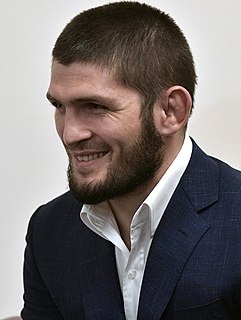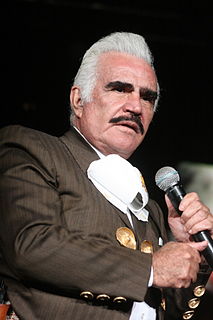A Quote by Mark Goulston
Gen X entrepreneurs are frequently smart, tough, tenacious, and self-made. That said, to succeed in their companies, they often have sacrificed being emotionally involved in their marriages and with their children.
Related Quotes
I think that we can all learn from what smart companies are doing. My objective is to demonstrate what's possible, even during tough economic times. This is a period of great business dislocation, but that means it's also the time to try new things. This will be a challenge for existing companies. But the behaviors of smart companies can be learned.






































